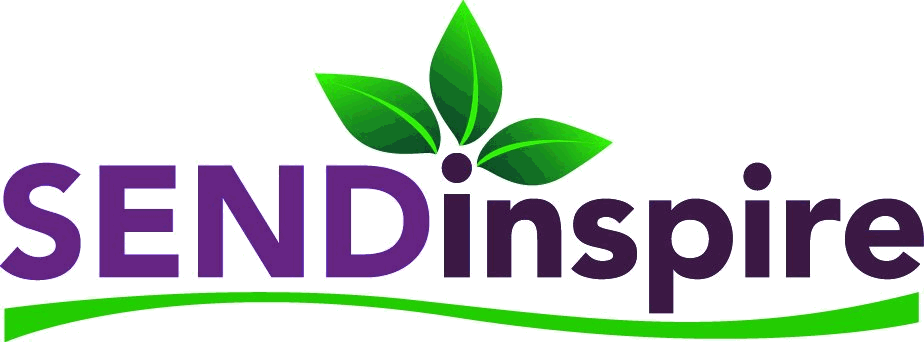Auditory Processing Disorder (APD), which is a neurological condition that affects the brain’s ability to process sounds and speech.
Symptoms of APD- Auditory Processing Disorder
Individuals with APD may have difficulty interpreting verbal instructions, understanding speech in noisy environments, and distinguishing between similar sounds.
Diagnosing APD- Auditory Processing Disorder
Diagnosis of APD typically involves a comprehensive assessment by an audiologist or speech-language therapist, which may include tests of hearing acuity, speech recognition, and auditory processing. The assessment may also include behavioural observation, questionnaires, and other measures to evaluate the individual’s communication abilities and identify any underlying factors that may be contributing to the difficulties.
Treatment for APD- Auditory processing disorder
Treatment for APD typically involves a combination of strategies to improve auditory processing abilities and address any underlying factors that may be contributing to the difficulties. Some common approaches include:
- Auditory training: Exercises and activities designed to improve auditory processing skills, such as discriminating between sounds or identifying words in noise.
- Environmental modifications: Changes to the listening environment to reduce background noise and enhance speech clarity, such as using sound-absorbing materials or hearing aids.
- Language and communication therapy: Intervention to improve language and communication skills, which may be impacted by APD.
Support and help for those with APD
It’s also important for individuals with APD to receive support and accommodations in their daily lives. This may include:
- Use of assistive technology: Devices that can enhance communication, such as personal FM systems, captioning, or speech-to-text software.
- Classroom accommodations: Modifications to the learning environment to support the individual’s needs, such as preferential seating, extended time on tests, or visual aids.
- Advocacy and education: Support from professionals, parents, and educators to raise awareness of APD and advocate for the individual’s needs.
If you suspect that you or someone you know may have APD, it’s important to seek evaluation from a qualified professional. An audiologist or speech-language therapist can help to determine whether APD is present and develop a plan for treatment and support.

